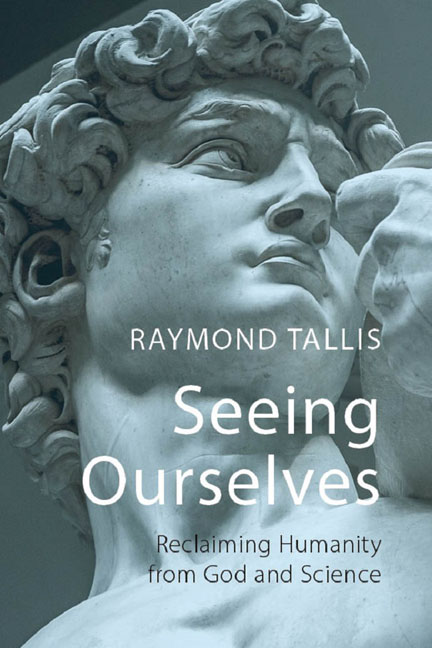Chapter 5 - The elusive, inescapable self
Published online by Cambridge University Press: 09 August 2023
Summary
The scene is now set for a discussion of what may be variously called the subject, the “I”, the ego, the person, or the self. As if that were not sufficient as a source of confusion, there is a range of terms available for describing what is at issue – first-person being, personal identity, the self, and so on. Given that the scope of these words is individually contested, with edges that are at best fuzzy, it is hardly surprising that the relationship between them is somewhat confusing. I shall again refrain from attempting to straighten out “the crooked timber of human discourse”. The self will be my main focus, or at least my term of choice, and while the concept seems nebulous this does not mean that its object is mist. I shall also look sideways at the rest of the cast of characters, notably “personal identity” which, due to the massive presence of the recently deceased Oxford philosopher Derek Parfit, has occupied centre stage.
Selfhood is central to our distinctive human nature, to our sense of the kinds of beings we are, and it is inseparable from the agency on which our claim to dignity rests. Trying to get a clear idea of the self is therefore essential to any endeavour to develop a truly humanist philosophical anthropology. This is particularly urgent in view of the fact that many philosophers and others deny or diminish the reality of the self.
In the last two chapters, we have reminded ourselves of certain fundamental, pervasive characteristics of the embodied human subject. The ways we are related to our own bodies, and our mode of being in time and relating to the thatosphere, are extraordinarily complex. They most certainly go deeper than any particular ideology, bourgeois or otherwise. It is these characteristics that will provide the starting place for our understanding of what it is to be a self. But we first have to address the views of those who deny that there is such a thing.
- Type
- Chapter
- Information
- Seeing OurselvesReclaiming Humanity from God and Science, pp. 145 - 190Publisher: Agenda PublishingPrint publication year: 2019



